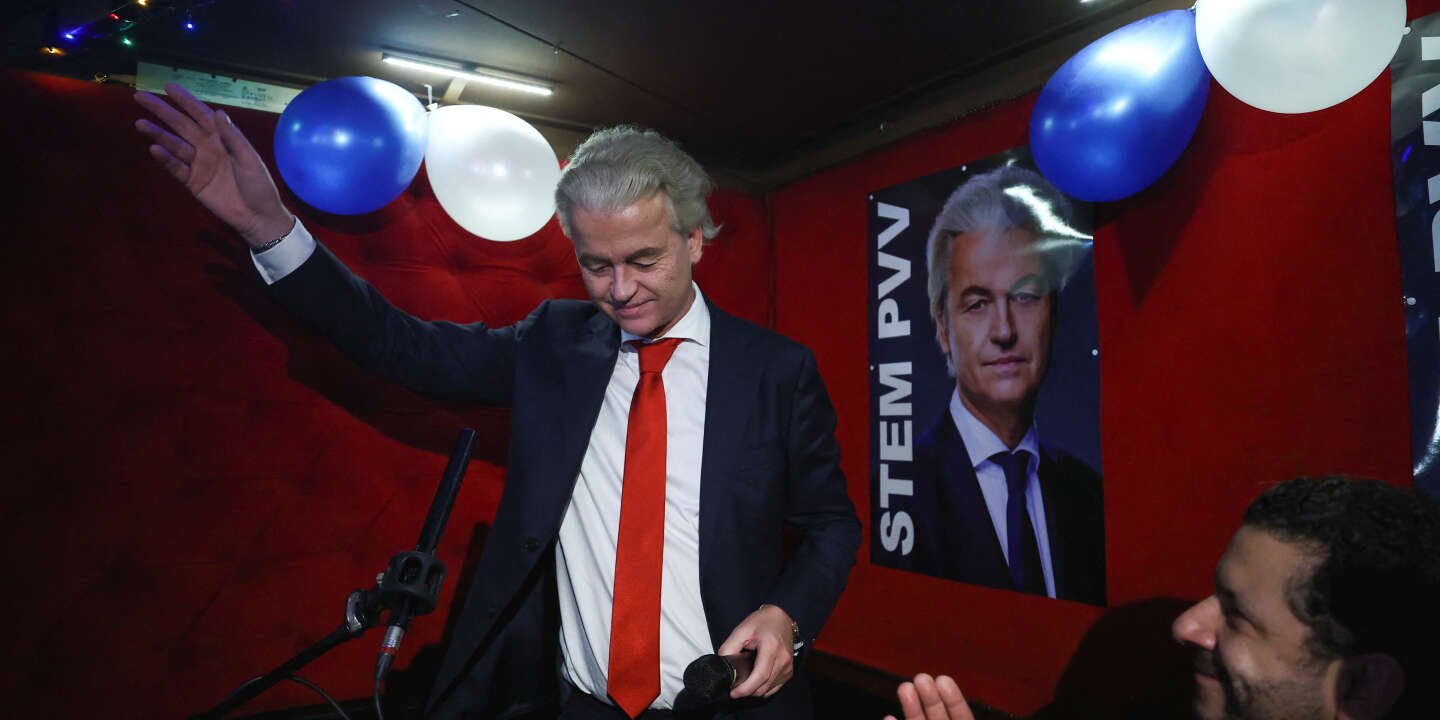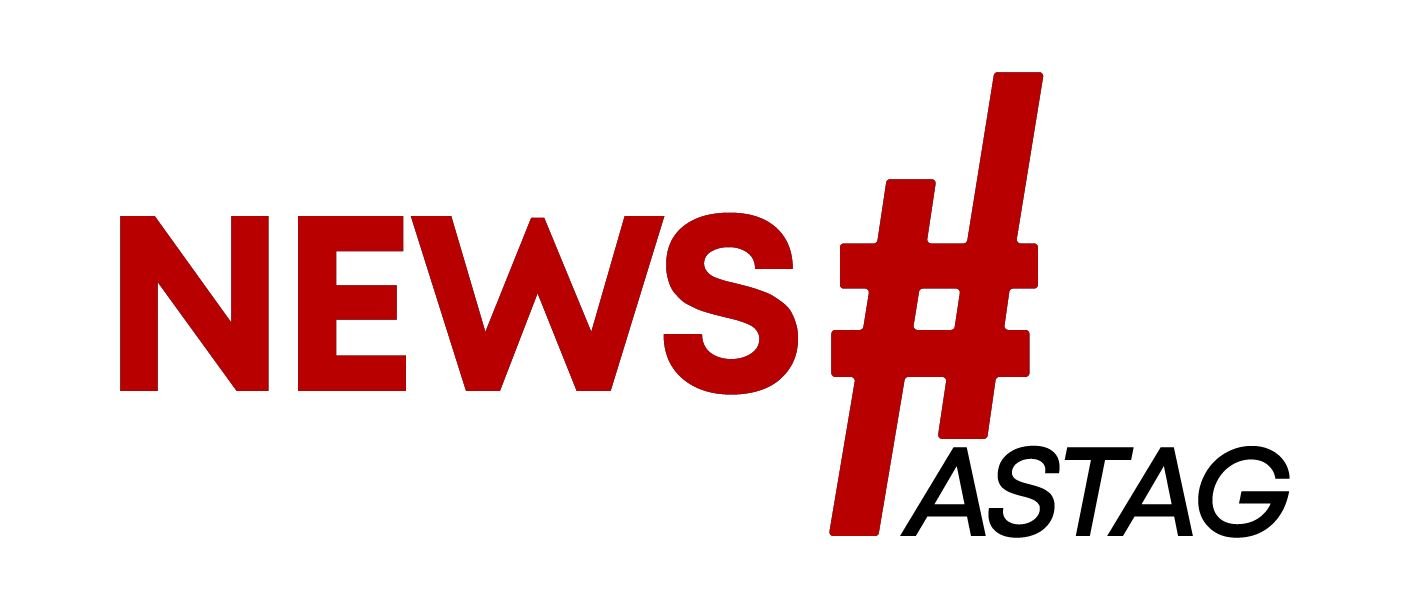Geert Wilders’ Ambitious Ascent: Coalition Challenges and Political Maneuvering in Post-Election Netherlands
The resounding victory of far-right populist Geert Wilders in the recent Dutch election has set the stage for a potential shift in leadership. With his party, the Party for Freedom (PVV), securing approximately 25 percent of the vote and emerging as the largest in the lower house of parliament, Wilders now faces the intricate task of navigating the complexities of coalition building to fulfill his ambition of becoming the Netherlands’ next prime minister. This article delves into the nuances of Wilders’ pursuit, the dynamics of coalition formation, and the key players shaping the post-election political landscape.
The Dynamics of Coalition Building:
The immediate post-election period is marked by the selection of a “scout,” a senior statesperson designated to explore potential government coalitions. Political parties convene to decide on this pivotal figure, who plays a crucial role in setting the stage for subsequent negotiations. Within a week, an informateur is appointed by the parliament to engage in detailed discussions with the most promising candidates, aiming to forge alliances that can secure a parliamentary majority.
The Lengthy Road of Coalition Talks:
The historical context of coalition building in the Netherlands serves as a backdrop to the current scenario. The outgoing Prime Minister Mark Rutte’s government set a record with a 299-day coalition-building process. Given the diverse political landscape and the need to navigate ideological differences, the duration of coalition talks this time around could potentially surpass the previous record.
The Rise of Wilders’ PVV:
Founded in 2006, Geert Wilders’ Party for Freedom has achieved a milestone by becoming the largest party in the Dutch parliament. Wilders asserts that his party “can no longer be ignored,” signaling a significant shift in the political landscape. However, the formidable task lies in securing enough allies to form a coalition government. The diverse perspectives and ideological differences among potential partners add layers of complexity to this challenge.
Key Players and Potential Alliances:
Dilan Yeşilgöz, the leader of the liberal-conservative People’s Party for Freedom and Democracy (VVD), initially expressed openness to collaborating with Wilders. However, the dynamics shifted after a disappointing election night that saw the VVD lose seats. Yeşilgöz, highlighting the need for a leader who unifies all Dutch people, cast doubt on the feasibility of a coalition with Wilders.
Pieter Omtzigt, the leader of the New Social Contract (NSC) party, initially excluded collaboration with Wilders due to ideological differences. However, post-election, Omtzigt signaled a willingness to engage in governance, acknowledging the challenging political landscape that demands politicians to transcend their differences. The prospect of a coalition comprising the Freedom Party, VVD, and NSC, which would secure a parliamentary majority, looms large.
Caroline van der Plas, the leader of the Farmer Citizen Movement (BBB), expressed openness to joining a coalition involving the aforementioned three parties. The left-wing bloc, led by Frans Timmermans, has categorically ruled out collaboration with the far right, setting the stage for potential shifts in political alliances.
Potential Scenarios:
In the event that coalition talks between right-wing parties falter, the prospect of a center-left cabinet emerges. Timmermans, whose Labour-Green alliance secured the second-highest number of seats, could spearhead efforts to form a centrist coalition with the VVD, NSC, and the liberal D66 party. While this scenario presents a slim majority, it poses a considerable challenge for Wilders, who is determined to prevent such an outcome.
Geert Wilders’ quest for prime ministership unfolds against the backdrop of intricate coalition negotiations, with various parties vying for influence in post-election Netherlands. The coming weeks will witness a delicate dance of political maneuvering, as leaders strive to bridge ideological gaps and form alliances that will shape the nation’s trajectory. As the Dutch political landscape remains in flux, the outcome of these negotiations holds the key to the future governance and direction of the Netherlands. Wilders’ ambitious ascent is intertwined with the broader narrative of coalition challenges and political dynamics, making it a focal point in the evolving story of Dutch politics.




